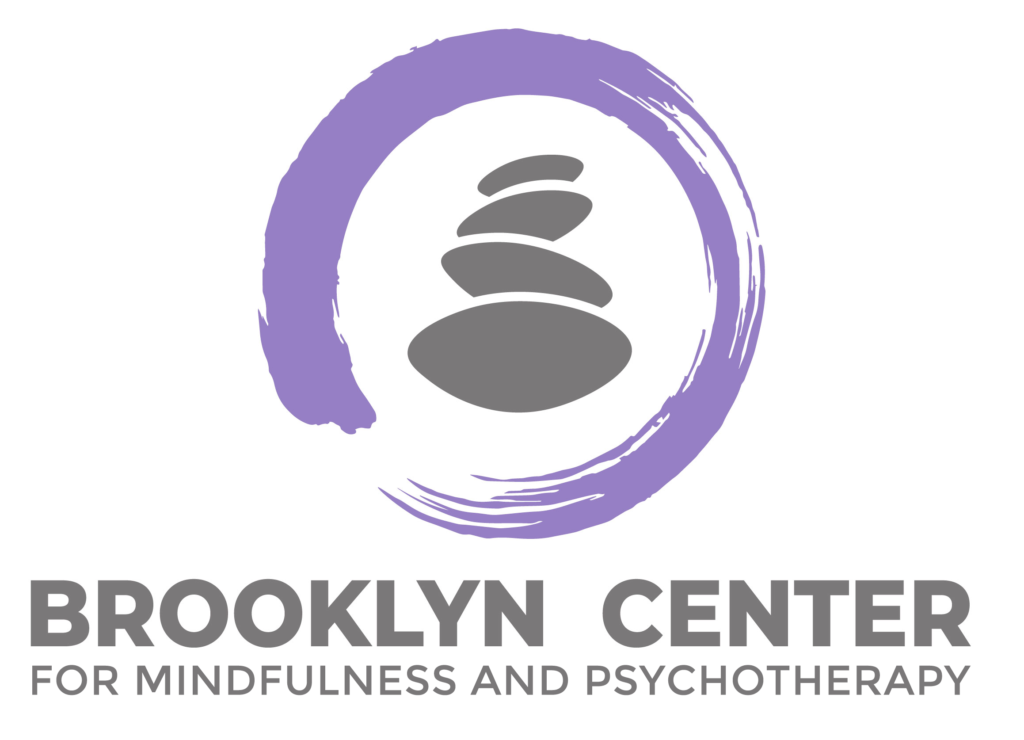Welcome to our blog, where we delve into the art of transforming conflict into connection and fostering effective conflict resolution in relationships right here in the vibrant city of New York. In this insightful series, we explore the challenges couples, friends, and colleagues face and offer practical tips and strategies to navigate conflicts with grace and understanding. Whether you’re seeking to strengthen your bond, improve communication, or create a harmonious environment, join us as we uncover the keys to resolving conflicts and forging deeper connections in the bustling heart of the Big Apple.
What is Effective Conflict Resolution?
Effective conflict resolution is the process of resolving disputes or disagreements in a way that promotes communication, understanding, and cooperation. Many resources are available in New York for individuals and organizations seeking to improve their conflict resolution skills. These resources range from workshops and training sessions to mediation services and counseling.
One popular approach to conflict resolution is mediation, which involves a neutral third party guiding the parties involved in a dispute toward a mutually acceptable solution. Mediation can be particularly effective in situations where emotions are high or where there is a history of ongoing conflict. With the help of a skilled mediator, individuals can work together to find common ground and constructively resolve their differences. Learning these skills can be invaluable in both personal and professional settings, whether through mediation or other forms of conflict resolution.
Common Reasons for Conflicts in Relationships
In New York, as in any other place, conflicts in relationships can arise for various reasons. Here are some common factors that may contribute to conflicts in relationships in New York:
- Busy lifestyle: New York City is known for its fast-paced and demanding lifestyle. The high-pressure work environment, long commutes, and hectic schedules can lead to stress and limited quality time for couples. This can result in misunderstandings, feelings of neglect, and a lack of emotional connection.
- Financial stress: New York City is an expensive place to live, and financial strain can significantly strain relationships. The high cost of living and the pressure to maintain a certain standard of living can lead to arguments and disagreements about money management, saving goals, and financial responsibilities.
- Cultural diversity and differences: New York City is a melting pot of cultures and backgrounds. While diversity enriches the city, it can also lead to relationship conflicts. Cultural, religious, and value differences may cause misunderstandings, clashes in traditions, and difficulties in finding common ground.
- Infidelity and trust issues: The fast-paced and vibrant social scene in New York City can sometimes tempt individuals to engage in infidelity. Trust issues can arise from suspicions, jealousy, or previous experiences, leading to relationship conflicts.
- Communication breakdown: Effective communication is vital for any healthy relationship. However, the fast-paced nature of New York City can make it challenging for couples to find time to communicate openly and honestly. Poor communication or misunderstandings can lead to arguments, frustration, and relationship dissatisfaction.
- Work-life balance: A healthy work-life balance can be a struggle in New York City. Long work hours, demanding careers, and the desire to succeed professionally can sometimes precede personal relationships. Neglecting personal time and failing to prioritize the relationship can cause conflicts and dissatisfaction.
- Differences in lifestyle and goals: New York City attracts people with diverse interests, ambitions, and goals. Sometimes, couples may find that their lifestyles and aspirations must be aligned, leading to conflicts regarding career choices, personal growth, or plans.
- External pressures: Living in a bustling city like New York can expose couples to various external forces, such as societal expectations, competition, and social media influences. These pressures can contribute to insecurities, comparisons, and conflicts within relationships.
The Steps to Effective Conflict Resolution in Relationships
Effective conflict resolution in relationships is essential for maintaining healthy and harmonious connections. Here are some steps to help resolve conflicts in relationships in New York or any other location:
- Open and Respectful Communication: Establish an environment where both partners feel comfortable expressing their thoughts and emotions. Listen actively to each other without interruption, and strive to understand the other person’s perspective.
- Identify the Core Issue: Determine the leading cause of the conflict by discussing and reflecting on the situation. It’s crucial to address the root problem rather than getting caught up in minor disagreements or symptoms of the more significant issue.
- Empathy and Understanding: Practice compassion by putting yourself in your partner’s shoes and trying to understand their feelings, needs, and concerns. Acknowledge their perspective and validate their emotions to create a sense of understanding.
- Seek Common Ground: Look for areas of agreement or compromise. Identify shared goals and interests that both partners can work toward. This helps to foster a sense of unity and collaboration rather than focusing solely on individual desires.
- Brainstorm Solutions: Generate multiple potential solutions together, encouraging creativity and openness. Consider the pros and cons of each option and find a solution that addresses the core issue while meeting the needs of both partners.
- Negotiate and Find a Middle Ground: Engage in a constructive negotiation process to find a mutually acceptable solution. Be willing to make concessions and find compromises that honor both partners’ needs and priorities.
- Implement the Solution: Once you have agreed on a solution, plan to implement it. Clarify each partner’s responsibilities and commitments, and establish a timeline for assessing the solution’s effectiveness.
- Practice Active Listening: During conflict resolution, actively listen to each other’s concerns and adjust your approach as needed. Show respect, patience, and understanding during discussions.=
- Seek Professional Help if Needed: If conflicts persist or become too challenging to resolve on your own, consider seeking the assistance of a couples therapist or relationship counselor. They can provide guidance and tools to facilitate effective conflict resolution.
Why is Effective Conflict Resolution Necessary in Relationships?
Effective conflict resolution is necessary in relationships because it helps to maintain healthy communication and build trust between partners. In New York, where the fast-paced lifestyle and high-stress environment can often lead to conflict, having the tools to resolve disputes effectively can make all the difference in maintaining a solid relationship.

. When conflicts arise, it is essential for both partners to feel heard and understood and for a solution to be reached that satisfies both parties. This resolves the immediate conflict and strengthens the overall relationship by building mutual respect and understanding. Without practical conflict resolution skills, minor issues can quickly escalate into more significant problems that may threaten the longevity of a relationship.
How to Implement Effective Conflict Resolution Skills in Relationships
Practical conflict resolution skills are essential for maintaining healthy relationships with a romantic partner, friend, or coworker. In New York, where busy schedules and fast-paced lifestyles can often lead to misunderstandings and disagreements, resolving conflicts constructively is especially important.
One key aspect of effective conflict resolution is active listening. This means giving the other person your full attention and trying to understand their point of view without interrupting or becoming defensive. It also involves using open-ended questions to clarify misunderstandings and acknowledging the other person’s feelings. By actively listening, you can create a safe space for open communication and work towards finding a mutually beneficial solution. Other essential skills include:
- I stay calm and respectful during disagreements.
- I am avoiding blame and criticism.
- It is being willing to compromise when necessary.
With practice and patience, anyone can develop these skills and improve their relationships in New York.

Tips for Maintaining Connection During Conflict Resolution
Maintaining a connection with the other party is crucial for a successful outcome when engaging in conflict resolution in New York or any different location. Here are some tips to help you maintain contact during conflict resolution:
- Active listening: Practice active listening by entirely focusing on the other person’s words, tone, and non-verbal cues. Avoid interrupting and show genuine interest in understanding their perspective.
- Empathy and understanding: Put yourself in the other person’s shoes and try to understand their feelings and concerns. Express sympathy by acknowledging their emotions and validating their experiences.
- Respect and courtesy: Treat the other person respectfully and courteously, even if you disagree with their viewpoint. Avoid personal attacks or disrespectful language that can damage the connection.
- Use “I” statements: When expressing your thoughts and feelings, use “I” statements to convey your perspective without sounding accusatory. For example, say, “I feel frustrated when…” instead of “You always…”
- Non-verbal communication: Pay attention to your non-verbal cues, such as maintaining eye contact, using open body language, and nodding to show understanding. Non-verbal cues can convey empathy and foster connection.
- Find common ground: Look for areas of agreement or shared goals and highlight them during the discussion. Emphasizing common interests can create a sense of collaboration and build connections.
- Collaborative problem-solving: Instead of approaching the conflict as a win-lose situation, focus on finding a mutually beneficial solution. Involve the other person in brainstorming ideas and working together to resolve both parties’ needs.
- Take breaks if needed: If the discussion becomes heated or emotions run high, it’s essential to take breaks when necessary. Removing the conflict temporarily can help both parties calm down and maintain a constructive atmosphere.
- Seek professional help if needed: In complex or deeply rooted disputes, seeking the assistance of a professional mediator or facilitator can be beneficial. They can provide guidance, create a safe space, and ensure that communication remains respectful and practical.
Conclusion
In conclusion, navigating conflicts within relationships can be a transformative journey, and Brooklyn Mindful in New York offers invaluable resources to guide individuals toward effective conflict resolution. By fostering a mindful approach and providing tools for open communication, empathy, and compromise, this center empowers couples and individuals to transcend conflicts and build deeper connections. Whether you seek to resolve ongoing disagreements, strengthen your relationship, or enhance your conflict resolution skills, reach out to Brooklyn Mindful today to embark on lasting harmony and connection. Contact them to start your transformative journey now.






